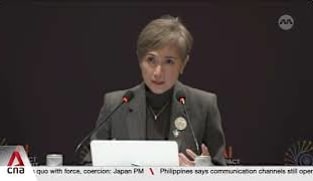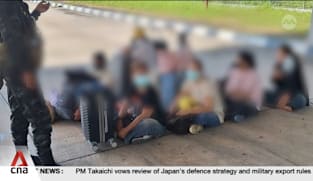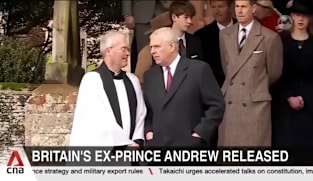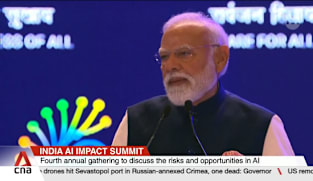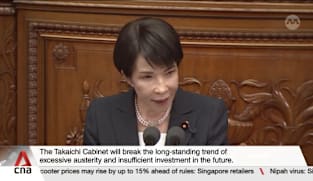Razwana Begum Abdul Rahim on Administration of Muslim Law (Amendment) Bill
With a proposal to empower the Islamic Religious Council of Singapore (MUIS) to create wakafs and distribute the returns according to community needs, the traditional approach where donations are disbursed according to the wishes of the donor will be hard to fulfil, said NMP Razwana Begum Abdul Rahim. She suggested that MUIS develop wakafs dedicated to specific causes such as education or healthcare, or for specific social service sectors such as those that work with children or women. This will enable targeted donations and facilitate access to funds for entities such as mosques and social service agencies, she said. She also pointed out that wakafs are not compulsory, so the frequency and level of donations will fluctuate over time. As wakaf funds held by MUIS are managed like other investments, exposing them to market risks, she sought clarification on how MUIS intends to navigate market fluctuations, safeguard returns on investment and secure the long-term sustainability of wakafs. On the proposed recognition by MUIS of foreign halal certification bodies, Assoc Prof Razwana said this will give Muslim consumers more choice and stimulate competition. However, she noted that there is no prohibition on the import and sale of products from halal certification bodies that are not recognised by MUIS. She suggested that MUIS run a community education campaign and even develop an app to prevent confusion among consumers. She spoke in Parliament on Monday (Feb 5).
With a proposal to empower the Islamic Religious Council of Singapore (MUIS) to create wakafs and distribute the returns according to community needs, the traditional approach where donations are disbursed according to the wishes of the donor will be hard to fulfil, said NMP Razwana Begum Abdul Rahim. She suggested that MUIS develop wakafs dedicated to specific causes such as education or healthcare, or for specific social service sectors such as those that work with children or women. This will enable targeted donations and facilitate access to funds for entities such as mosques and social service agencies, she said. She also pointed out that wakafs are not compulsory, so the frequency and level of donations will fluctuate over time. As wakaf funds held by MUIS are managed like other investments, exposing them to market risks, she sought clarification on how MUIS intends to navigate market fluctuations, safeguard returns on investment and secure the long-term sustainability of wakafs. On the proposed recognition by MUIS of foreign halal certification bodies, Assoc Prof Razwana said this will give Muslim consumers more choice and stimulate competition. However, she noted that there is no prohibition on the import and sale of products from halal certification bodies that are not recognised by MUIS. She suggested that MUIS run a community education campaign and even develop an app to prevent confusion among consumers. She spoke in Parliament on Monday (Feb 5).











